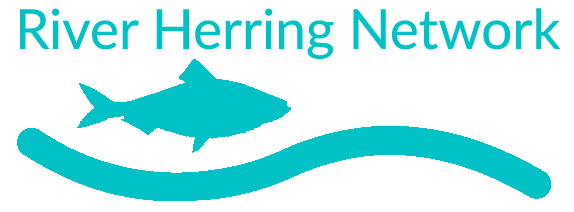Volunteers Needed To Count Herring
The Falmouth Enterprise
March 17, 2017
The Association to Preserve Cape Cod is seeking volunteers to count river herring during this spring’s herring migration. There are 19 runs where volunteers are needed to count herring, including a new run added this year.
APCC’s herring count program began in 2007 with the Stony Brook run in Brewster, only the fourth herring count program on the Cape at that time. APCC worked with the Massachusetts Division of Marine Fisheries, NOAA’s Restoration Center, Massachusetts Bays National Estuary Program, Cape Cod herring wardens and many organizations to encourage citizen herring counts. Today APCC works with many partners and volunteers to coordinate and conduct herring counts along 19 runs in 12 towns: Barnstable, Brewster, Chatham, Dennis, Eastham, Falmouth, Harwich, Mashpee, Orleans, Sandwich, Wellfleet and Yarmouth.
Volunteers are needed to count at these runs:
Barnstable: Middle Pond on the Marstons Mills River (new this year)
Brewster: Stony Brook
Chatham: Lover’s Lake, Stillwater Lake
Dennis: Bound Brook, Scargo Lake
Eastham: Bridge Pond, Herring Pond
Falmouth: Cedar Lake, Coonamessett River
Harwich: Herring River
Mashpee: Mashpee River, Quashnet River, Santuit Pond
Sandwich: Mill Creek
Orleans: Pilgrim Lake
Wellfleet: Herring River
Yarmouth: Long Pond, Tom Mathews Pond
Counts are usually conducted from April 1 to June 1, but herring migration may begin earlier this year due to warmer spring temperatures. Counts are done for 10 minutes, and nine counts per day per run are needed. Volunteers need to be able to safely traverse rough terrain and to see fish in the stream.
River herring include alewife (Alosa pseudoharengus) and blueback herring (A. aestivalis), both listed as species of special concern by the National Oceanic and Atmospheric Administration. Despite an ongoing moratorium on their catch, sale and possession, populations still remain low and population data are urgently needed.
Volunteer counts of river herring conducted by citizen monitors provide valuable scientific data on herring populations and are used by fisheries managers to manage and protect herring stocks. Herring counts are also used to document the need for restoration or improvement of fish runs and to document the success of restoration projects. The timing of runs and temperature data collected by volunteers are being examined as a possible source of information on climate change impacts on herring migration. Cape Cod has many herring runs that present opportunities for volunteers to see and appreciate the annual spring herring migration while collecting valuable scientific data.
APCC partners with many organizations, municipal natural resource departments and herring wardens, the Massachusetts Division of Marine Fisheries, the Massachusetts Bays National Estuary Program and NOAA’s Restoration Center to coordinate and conduct volunteer herring counts.
To learn more about APCC’s herring count program and results from past years, visit http://www.apcc.org/herring/index.html. To learn about volunteering to count herring, contact Jo Ann Muramoto, APCC’s director of science programs, at 508-619-3185.
]]>